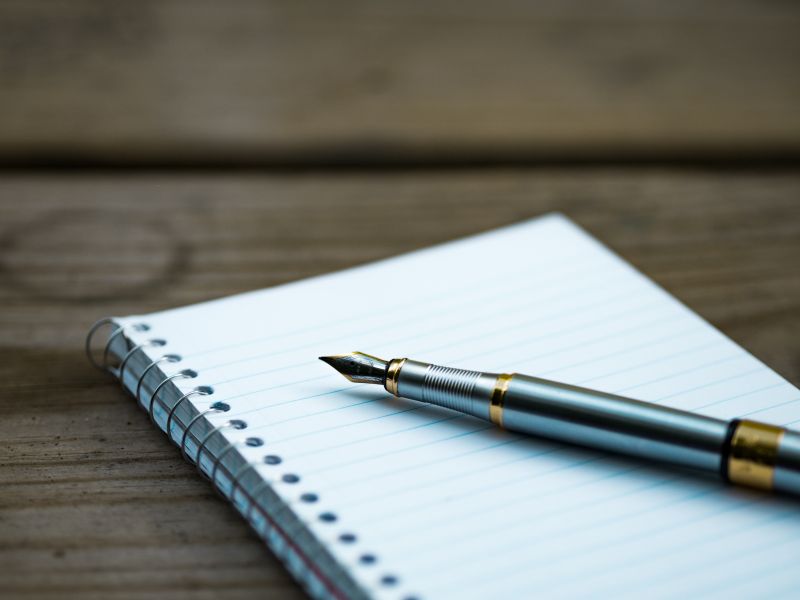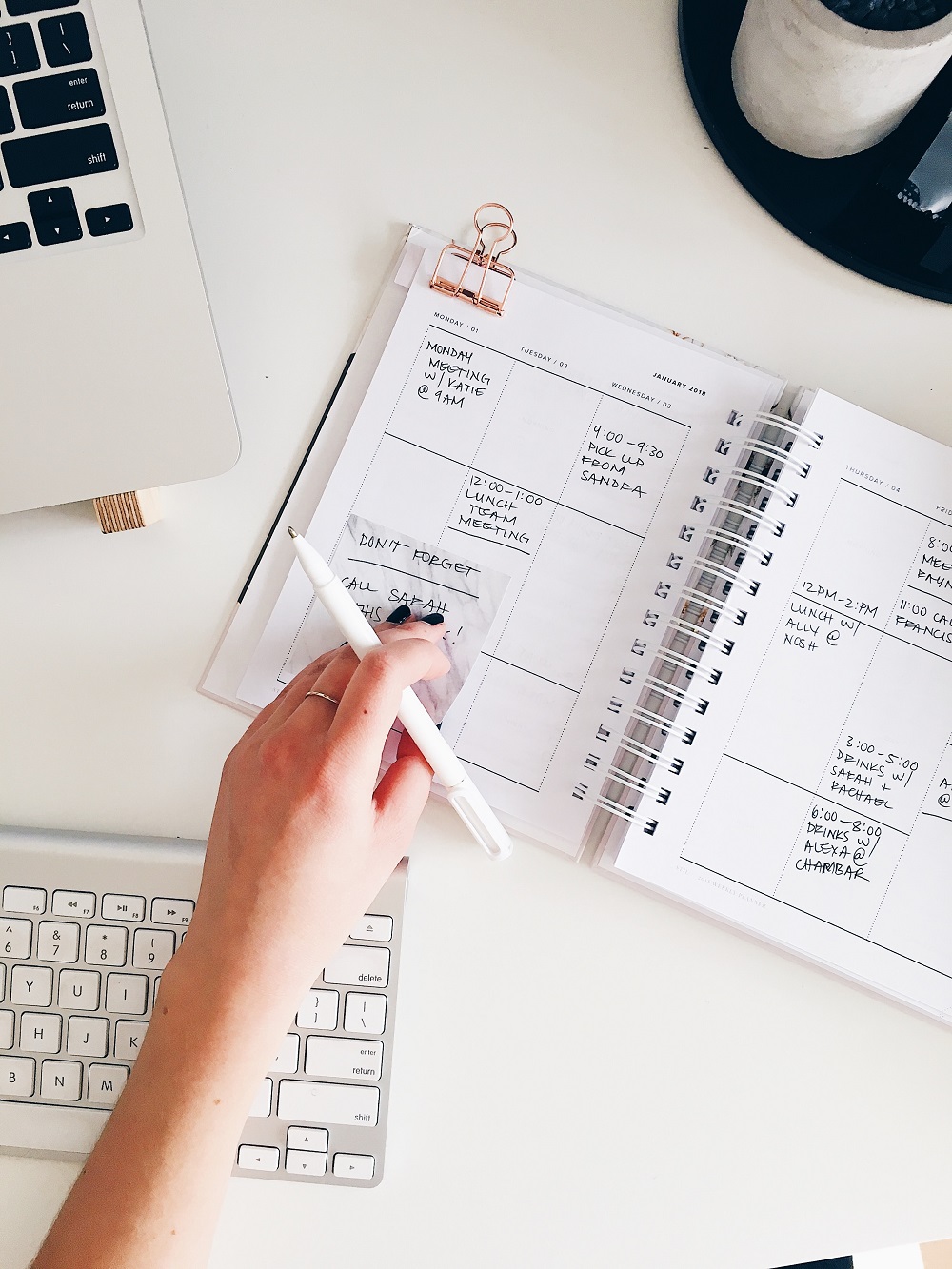Good sleep - Herbal remedies for better sleep
Mr. W.K. writes to us, who had difficulty falling asleep due to his stressful job situation. With the introduction of a sleep ritual, as discussed in the article on good sleep, his time to fall asleep has shortened significantly.
Herbal remedies to improve sleep
A great many people have told us that the introduction of a sleep ritual has helped them a lot. Some do not find enough sleep despite changing their lifestyle habits. In this situation, the use of herbal remedies to support sleep is particularly useful. However, these should under no circumstances be used alone without paying attention to sleep-supporting lifestyle habits.
In European naturopathy as well as in Ayurveda medicine, there are a variety of medicinal plants that improve sleep. Among the proven folk remedies are valerian, hops and St. John's wort. Preparations of passion flower, very often mixed with one or more of the aforementioned medicinal herbs, have also become established in our country and are available in the most diverse compositions in every pharmacy or drugstore.
Ayurvedic medicine also offers a variety of sleep-supporting preparations. Among the most popular Ayurvedic medicinal plants for this area of application are Ashwagandha (winter cherry), whose root has a grounding and nervine effect, and Brahmi (Bacopa monnieri), whose leaves calm the mind and nourish the nervous system. Single remedies of these medicinal plants are available in the form of capsules in organic quality in our Ayurveda shop.
Regular use of these medicinal plant preparations ensure good memory, restful sleep and good stress resistance.
Targeted therapy for sleep onset and sleep maintenance disorders
In Maharishi Ayurveda, there are also specific preparations to treat disorders of falling asleep or sleeping through. The herbal tablets MA1683 (Nictomap V ) are the remedy of choice for disorders of falling asleep, MA1684 (Nictomap P) are particularly recommended for disorders of sleeping through with sleep interruptions from 2 to 3 a.m. and night sweats.
MA1682 (Nictomap K) is especially recommended when sleep is not restful due to indigestion, mucus production or snoring and therefore leads to daytime sleepiness.
Vitamin D - essential for healthy sleep
Due to our civilised lifestyle, which allows us little direct exposure of the skin to sunlight, 90 % of the population suffers from vitamin D deficiency. In addition to disturbances in bone formation and weakening of the immune system, vitamin D deficiency can have a significant effect on the quality of sleep.
Recent research has shown that vitamin D is not only important for infants in their first year of life or for seniors with osteoporosis, but that in sufficient doses it brings significant health benefits for everyone. Especially children, exhausted people and seniors should receive sufficient doses of vitamin D therapy all year round. My recommendation for this is to have the vitamin D level measured as part of a blood draw and to have an individually calculated vitamin D therapy prescribed based on the measured deficiency and body weight.
Vitamin D measurement is a standard part of every blood analysis at Dr Schachinger's practice!
Medicinal herbs and sleep ritual
If you now use medicinal herbs and vitamin D to improve your sleep, as recommended above, you should not forget to permanently adjust your lifestyle habits towards high quality sleep. Our mind-body system is not a machine and cannot simply switch from 100% activity (or more!!!!) to sleep mode within seconds. Hormonally, the body begins to prepare for sleep as early as around 3pm in the afternoon. Start your sleep-promoting behaviour a few hours before sleep!
Here again are the 6 most important sleep-promoting habits:
-
Early and light dinner
-
Avoid caffeine and theine-containing drinks from midday onwards
-
Reduce mental and physical exertion (meetings, jogging, gym) from 6pm onwards. Yoga exercises or a relaxing evening walk, however, promote sleep.
-
No more than 1 beer or wine with dinner (alcohol in any form disturbs sleep).
-
No screens (TV, computer, mobile phone) in the last hour before sleep. The blue light from screens interferes with the production of the sleep hormone melatonin. Remove your TV from the bedroom if you have one there!
-
Happy diary and to-do list for the next day to fill your head with positive thoughts and banish burdensome tasks from your mind onto paper.



We look forward to your feedback!